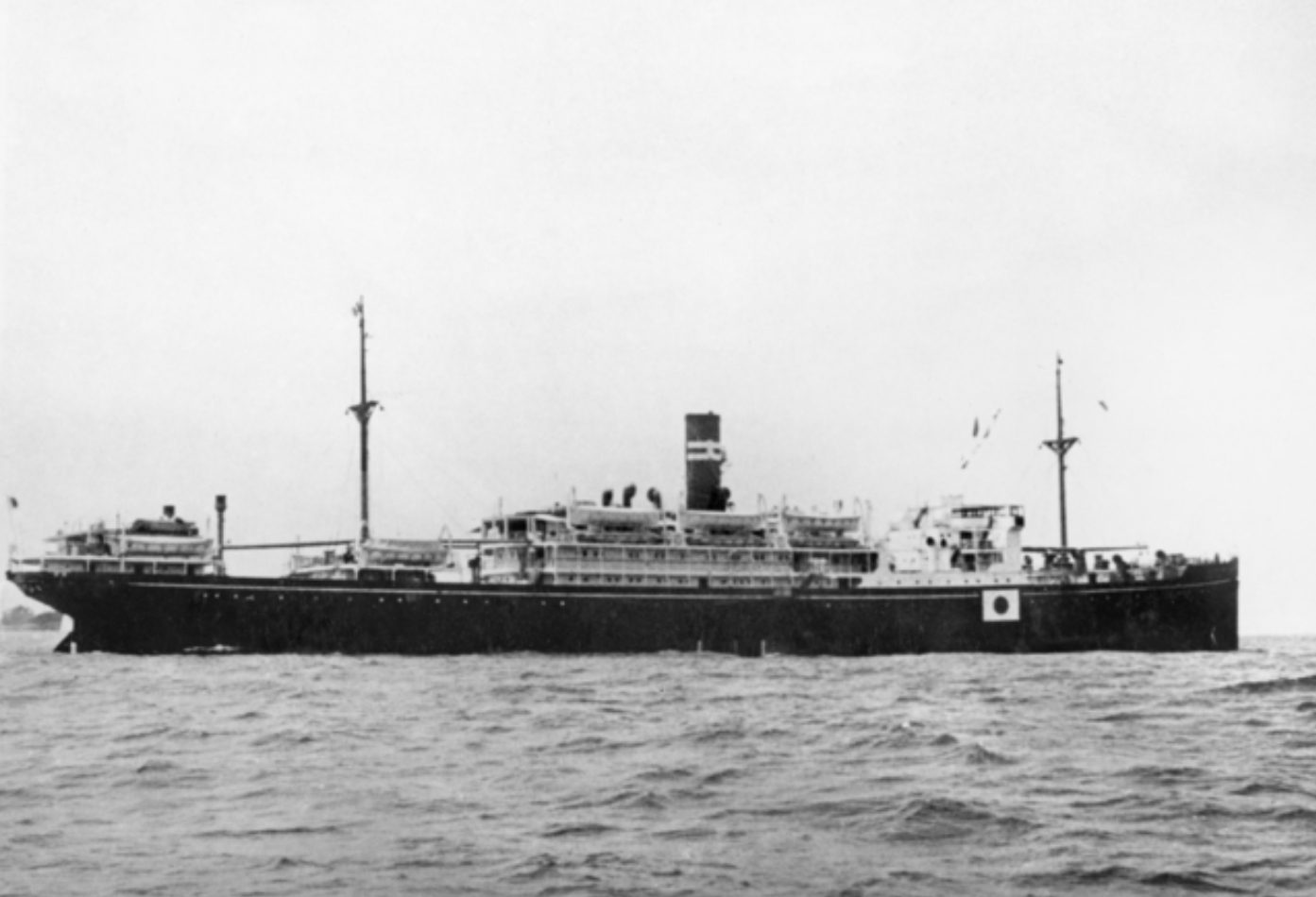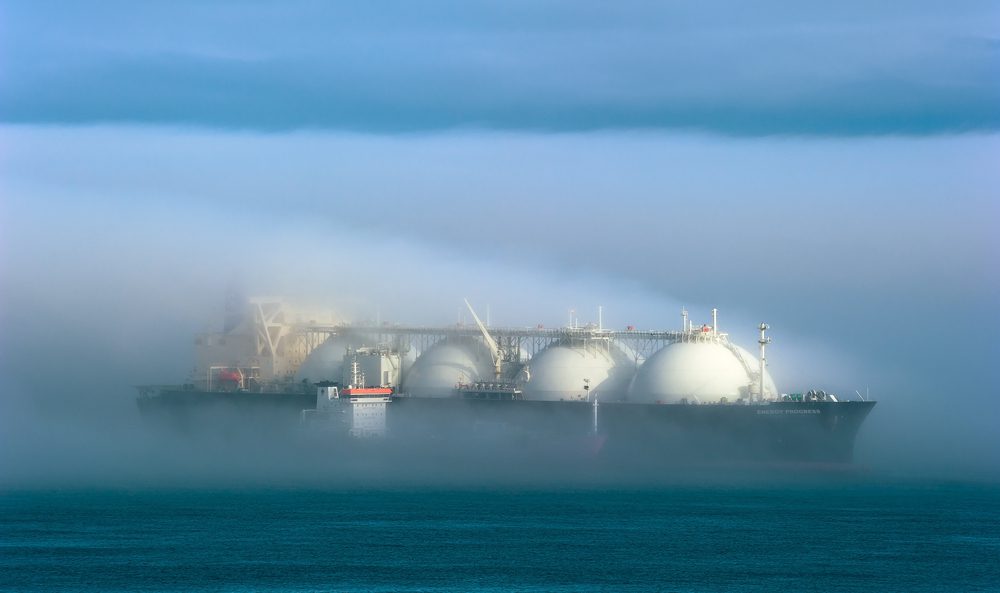By Stephen Stapczynski (Bloomberg) At least two of China’s smaller liquefied natural gas importers have been told to avoid buying new cargoes from Australia, a further example of the impact on trade from souring ties between the two countries.
The firms have received verbal orders from government officials to avoid purchasing additional LNG from Australia for delivery over the next year, according to people with knowledge of the directive, who asked not to be identified as the details aren’t public.
Larger state-owned importers that carry out almost 90% of purchases haven’t received any guidance and plan to continue buying Australian LNG, separate traders said, signaling that the impact on imports may be limited.
A fax seeking comment from China’s National Development and Reform Commission, the nation’s top economic planning agency, wasn’t answered.
China’s second-tier LNG buyers account for about 11% of the Asian nation’s total imports, according to BloombergNEF. Large state-owned firms — China National Offshore Oil Corp., China Petroleum & Chemical Corp. and PetroChina Co. — make up the rest.
An array of commodities imports from Australia have been targeted by Chinese tariffs or curbs as relations between the two nations have deteriorated in recent years, particularly after Canberra sought a probe into the origins of the coronavirus pandemic. China last week announced it was suspending a ministerial economic dialog, while Australia is reviewing whether to force a Chinese company to sell a lease to a strategically important port used by the Australian and U.S. militaries.
China imports more than 40% of its LNG from Australia, one of the world’s biggest suppliers, and there aren’t any signs that deliveries are being diverted, according to ship-tracking data compiled by Bloomberg. Australia last year shipped A$13 billion ($10 billion) worth of LNG to China, which would be challenging to replace.
Smaller LNG buyers plan to continue imports of previously purchased or contracted Australian cargoes, the people familiar said. Impacts from restrictions will be limited as the companies are less active in the spot market than larger rivals, while a recent rally in prices has also curbed their appetite for shipments.
Chinese end-users have been reluctant to sign long-term LNG supply contracts with Australian exporters or invest in new projects since tensions escalated last year.
The verbal directive echoes the order given to Chinese power stations and steel mills last year to halt Australian coal imports. Beijing has also targeted LNG before, adding tariffs on U.S. imports in 2018.
By Stephen Stapczynski. With assistance from Krystal Chia and Steven Yang © 2021 Bloomberg L.P.
Editorial Standards · Corrections · About gCaptain
This article contains reporting from Bloomberg, published under license.

 Join The Club
Join The Club











